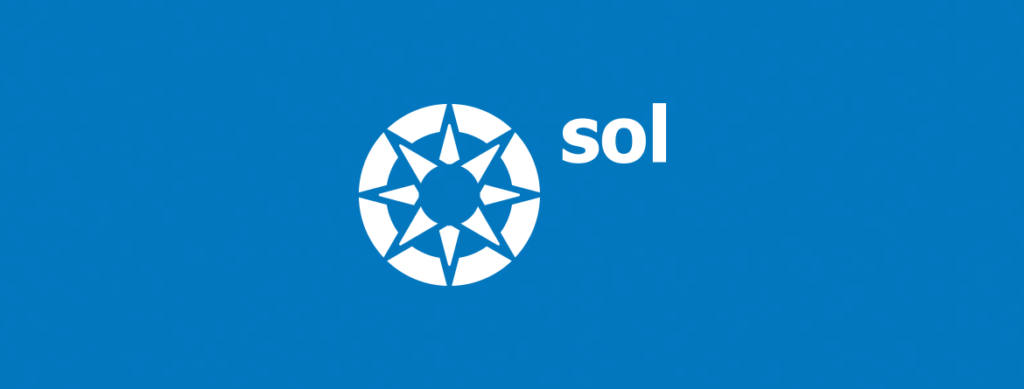The Sol Group, (Sol) has expressed that the company’s proposed purchase of the Barbados National Terminal Company Ltd. (BNTCL) would not only be beneficial to the country, but that competitors would not be disadvantaged by the terminal’s privatisation.
Word of this comes from Regional Manager of The Sol Group, Roger Bryan, who addressed the Fair Trading Commission’s ruling that the proposed acquisition of BNTCL by Sol, could not be approved in its current form.
“From the outset of this bidding process, Sol has strongly advocated for the regulation of the throughput rate. We have pushed and will continue to push for this because we believe it to be in the best interest of the public, as well as any of our competitors,” stated Bryan. “The appointment of a government-appointed regulator would significantly alleviate concerns pertaining to any perceived dominant market position.”
He went on to state, “We completely understand the FTC’s position on the ruling because, simply put, the Barbados Government needs to create the necessary legislative framework that would support the privatisation of BNTCL, which would include, amongst other things, the appointment of a regulating entity or body over BNTCL post-merger.”
Addressing allegations that the acquisition of BNTCL by Sol, could potentially force competitors into foreclosure in the market, Bryan stated, “the acquisition of BNTCL would not place Sol in a position to force any competitor into foreclosure in the market, nor would we desire to.” He continued, “the terminal’s profit affords the minimum acceptable economic return, and it is unlikely that any company would be able to use these profits to force a competitor out of the market, particularly one with significant financial backing.”
He also added that the Government of Barbados, through its continued ownership of Barbados National Oil Company Ltd. (BNOCL), would continue to control importation rights of petroleum products in Barbados, and by extension, continue to regulate the price at the pump. “The BNTCL is a separate entity to the BNOCL, which controls the price, thus eliminating Sol’s ability to benefit from any perceived vertical integration,” Bryan explained.
When asked about the proposed 32% increase in the throughput rate, Bryan stated that even though the terminal’s expenses had continued to increase in line with inflation rates, BNTCL had not changed its throughput rates since its inception in 2006, resulting in sub-optimal economic performance. “The increase in throughput fees at the terminal would be required to satisfy a minimum economic rate of return on investment. This throughput rate has not been increased over the last 10 years, and the existing rates simply do not provide for any future investments necessary to maintain the safe, efficient functioning of the facility.”
“The proposed 32% increase in throughput rate would result in a nominal increase at the pump of about less than $5 more per month than what consumers pay today. In essence, the price at the pump will go up a bit, but so would the quality of the way the terminal is being run today,” asserted Bryan. “We are pursuing the purchase of BNTCL as a business investment and we want to be up front about that. However, we strongly believe that it is in the best interest of the country.”
Bryan further asserted, “Sol is a Barbadian company, first and foremost, and this very modest increase would help us run a state-of-the-art facility, and the proceeds stemming from the sale would help the government fund other much-needed projects and programmes.”
The petroleum company asserts that the sum offered for the purchase of BNTCL would inject some well-needed foreign exchange into the Barbados economy, at a time where the Barbados economy desperately needs the boost. Barbados’ foreign exchange reserves currently lie below the 12-week benchmark recommended by the Central Bank of Barbados.
The Sol Group of companies operates in 22 countries across the Eastern Caribbean, Jamaica, Puerto Rico, Haiti, Dominican Republic, Bermuda, Bahamas, Cayman, Belize Guyana, Suriname, French Guiana, Martinique and Guadeloupe. Sol supplies fuels, lubricants, bitumen and LPG through an extensive service station network, with marine, aviation and commercial operations.


